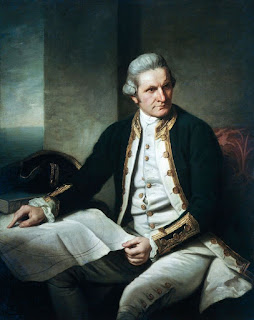Breaking The Ice

It felt like Christmas receiving a kit bag full of equipment suited for polar conditions and rather amusing prancing around in a bright orange hard hat. As British Antarctic Survey (BAS) employees, we are supplied with gear for all seasons and activities ranging from technical mountain clothing, to highly insulated visibility jackets, to boiler suits for greasy work, to steel toe cap shoes. The best gift was the sturdy snow boats with removable thermal insides- to dry separately when wet. I looked at all this unfamiliar kit and projected myself to the end of my time at Rothera Research Station, when I would have to pack away all this gear and return it to the clothing store. I envisaged all the stories that would be attached to each item. I heard that the water bottles can easily be confused with the pee bottles and therefore correct labelling is paramount! Wintering staff members are each provided with a sizeable black crate to fill with personal possessions that will provide entertai...

